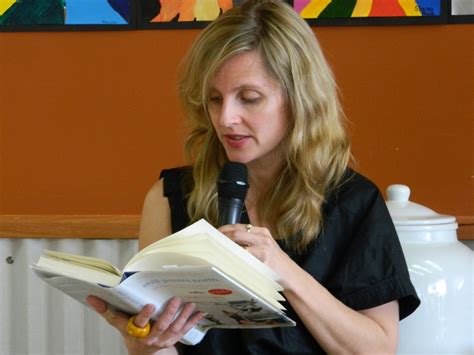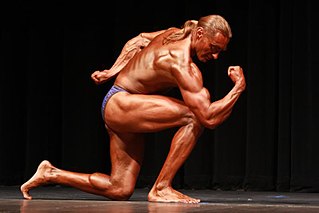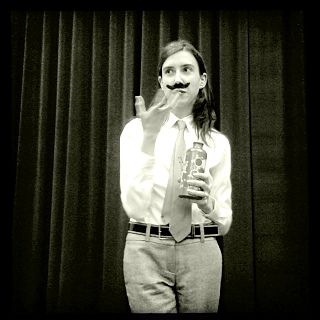A Quote by Maya Angelou
I promised myself that I would write as well as I can, tell the truth, not to tell everything I know, but to make sure that everything I tell is true, as I understand it. And to use the eloquence which my language affords me.
Related Quotes
My daughter...why do you not tell me about everything that concerns you, even the smallest details? Tell Me about everything, and know that this will give Me great joy. I answered, But You know about everything, Lord." And Jesus replied to me, "Yes I do know; but you should not excuse yourself with the fact that I know, but with childlike simplicity talk to Me about everything, for my ears and heart are inclined towards you, and your words are dear to Me.
The only good teachers for you are those friends who love you, who think you are interesting, or very important, or wonderfully funny; whose attitude is: "Tell me more. Tell me all you can. I want to understand more about everything you feel and know and all the changes inside and out of you. Let more come out." And if you have no such friend,--and you want to write,--well, then you must imagine one.
It was like they waited to tell each other things that had never been told before. What she had to say was terrible and afraid. But what he would tell her was so true that it would make everything all right. Maybe it was a thing that could not be spoken with words or writing. Maybe he would have to let her understand this in a different way. That was the feeling she had with him.
Everything my fans tell me is the way I felt when I was a Tupac fan coming up. My fans tell me, 'Boosie will make you feel like you was in the household watching everything that was happening to me, with your music.' That's how Tupac made me feel, like everything he was talking about I was living. My music do that, you know?






































